Buying These Organic Foods Is a Waste of Money
By: Kara King

Credit: SHUTTERSTOCK
People choose to eat organically for many reasons – it’s better for the planet, it’s supposedly healthier – but often these folks are misguided. Although it’s true that USDA organic products must be free from synthetic ingredients and grown on farms that strive to protect the environment, the whole organic concept is filled with misinformation, bogus branding, and overpriced produce. Some foods, in fact, are perfectly fine to eat without the “organic” label.
If you don’t want to eat food that’s riddled with chemicals, but also value your paycheck, here is a list of 9 foods you never need to buy organic.
More: 8 Foods to Eat If You Want to Live Forever
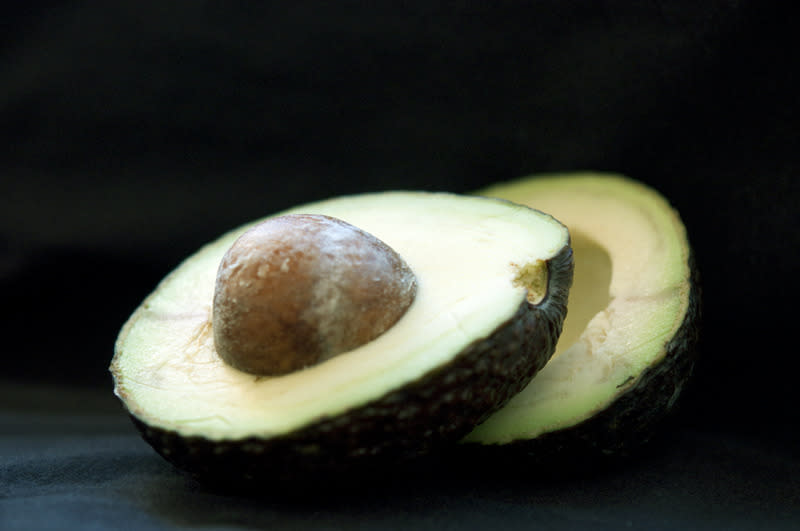
Credit: FLICKR/EMYR JONES
Avocados
According to a study done by the Environmental Working Group, avocados are the cleanest piece of produce you can buy. Only 1% of avocado samples showed any trace of pesticides. So if you buy an organic avocado, you’re basically just paying for the sticker. The only thing dirty about an avocado is its ability to spice up your love life.
More: 10 Types of Seafood You Really Shouldn’t Eat (and 10 You Should)

Credit: FLICKR/KEVIN BOU
Kiwi
While pesticides can still penetrate the skins of fruits like apples, peaches, and nectarines, kiwi skin is tough enough to protect the flesh from harmful chemicals. Just remove the skin of your non-organic kiwi and you’re good to go.
More: The Healthiest Order at Every Major Fast-Food Chain

Credit: FLICKR/PRASANTH M J
Mango
Just like its tough friend the kiwi, the skin of a mango will also protect the fruit inside from pesticides. These are the fruit equivalents of that scrawny kid with the glasses in high school that somehow made it out OK. They can take a chemical beating, and still not be affected.
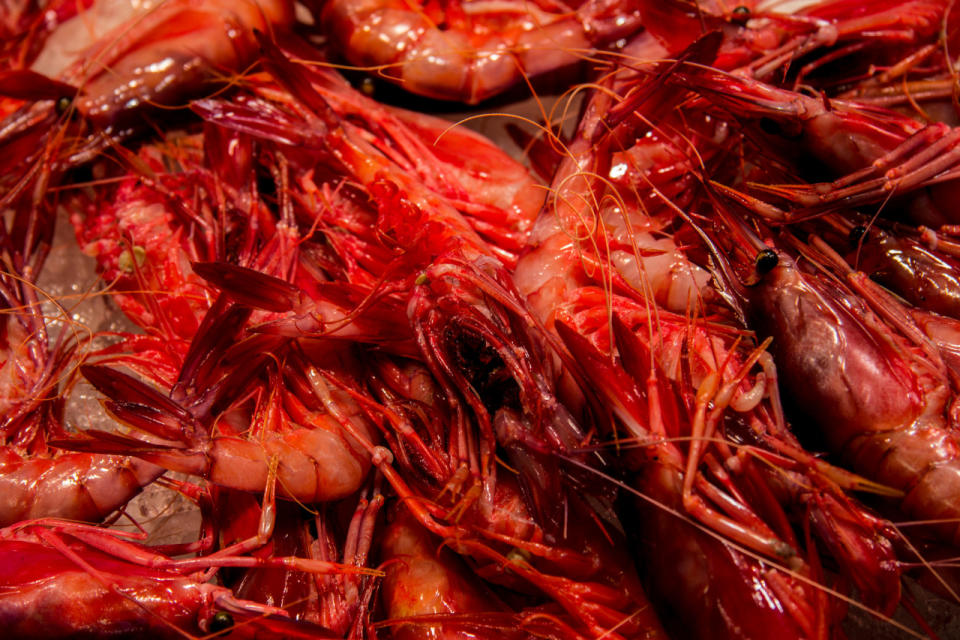
Credit: FLICKR/ANDREW MOORE
Seafood
It’s impossible to regulate the diet of wild fish, so they can never be labeled truly organic. Pen-raised fish could potentially be “organic,” but so far only international organizations have established organic standards for certain seafood products.
The USDA is just now trying to come up with standards to determine what exactly would make seafood “organic,” and there is much controversy on the topic, as ocean contaminants are a concern even with penned fish. Still, you may soon see locally raised, organically branded seafood on the market (if you already see that, beware, it’s a lie), but it will undoubtedly be over-priced and still in the trial and error stage.
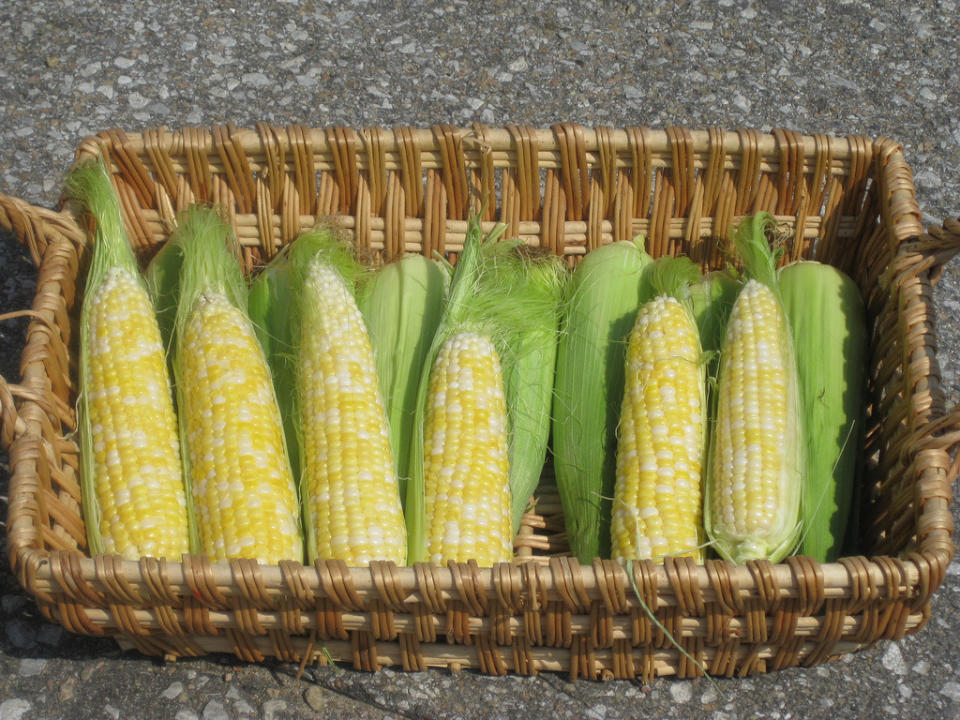
Credit: FLICKR/CHRISTY & DAVID WHETSTONE
Sweet corn
Interrogating a local farmer at his roadside stand about whether or not his corn is grown organically is both obnoxious and futile. Although corn is sprayed with large amounts of pesticides, those husks protect the delicious kernels beneath. USDA tests have shown that 99% of sweet corn sample have no pesticide residue at all.

Credit: FLICKR/LIZ WEST
Asparagus
Apparently bugs don’t like asparagus either, which means fewer pesticides are used on the vegetable. So if you want to eat it and don’t mind your pee smelling like sulfur, go ahead and purchase the conventional crop.
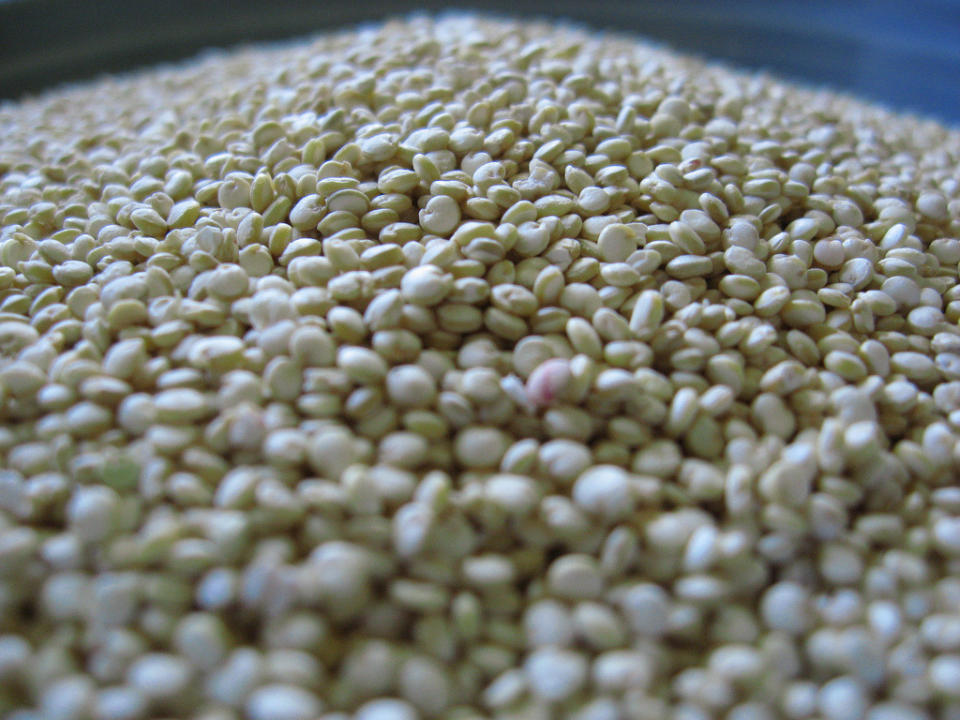
Credit: FLICKR/FLICKRED!
Quinoa
What Molly Ringwald was to ‘80s movies, quinoa is to the millennial diet. But, organic quinoa is a load of crap. It does not need pesticides since its bitter taste deters pests. Maybe wash it off just to be sure, but don’t spend the extra money on the off chance that a farmer sprayed it down.

Credit: FLICKR/LIZ WEST
Cabbage
Cabbage has a natural bug and toxin shield – those outer leaves are protection enough. So skip the organic stuff, peel off and throw out the outer leaves, and enjoy the veggie without tossing your money in the trash as well.
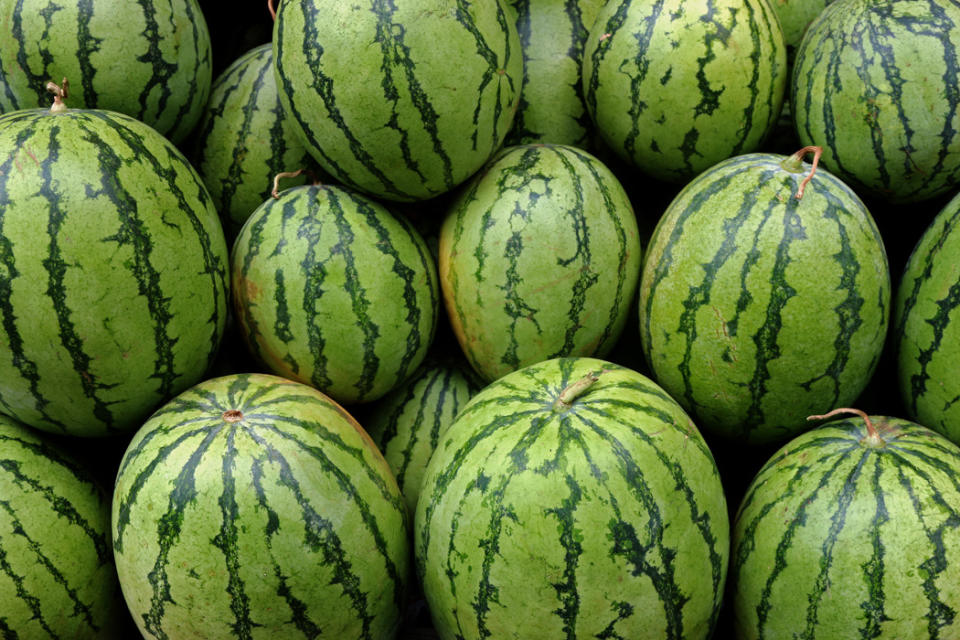
Credit: FLICKR/DENISH C
Watermelon
Similar to cabbage, watermelon has chemical protection built right in. Go ahead and wash that rind, but unless you’re trying to impress some girls with that expensive, organically raised melon, organic is not worth it.
More from Thrillist:
How to Squeeze the Absolute Most Out of $5 at Wendy’s, Chipotle, and More
9 Fruits and Vegetables That Get Healthier After You Cook 'Em
The Best Pillsbury Hacks You Can Make Right Now

